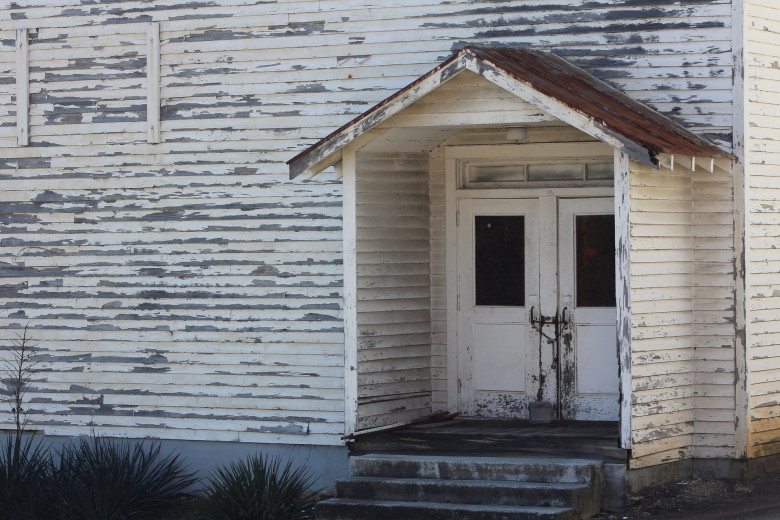views
How To Find Out When a House Was Built? If you own an older house, it can be difficult to know when it was built. You may want to find out for a variety of reasons, including applying for a historic register, securing building insurance, or planning for future maintenance and repairs.
A few tips from experts can help you figure out the age of your home:
Start by looking at tax records. These are compiled by the government and list every owner of your property along with the yearly assessed value. Spot a sudden jump in the valuation, and that could suggest a substantial renovation or new construction was completed during that year.
Another source of information is a historical society. These groups often have a database that will list the date of construction on homes in your area.

Your local library has a number of books on architecture and construction in the past. They can also be helpful in finding out when a particular style of the house was popular, such as Victorian or Craftsman houses.
If you own a bungalow, for example, you might be able to tell when it was built by looking at the foundations and concrete blocks. Molded concrete blocks were popular in the early 1900s and are a good indicator of an original build.
Other clues can include a hand-hewn floorboard, the type of windows installed, and even old doorknockers. Regardless of the source, be sure to confirm that the information you’re gathering is accurate and up-to-date. You should know when was my house built.
Why Is My House So Dusty?
Why is my house so dusty? If you find yourself constantly battling dust in your home, you're not alone. There are a number of reasons why your house might be particularly dusty. For one, inadequate ventilation can lead to the accumulation of dust particles.
Additionally, air filters that are dirty or clogged can allow dust to circulate throughout your home. Other factors that can contribute to excess dust include having pets, using a fireplace or wood stove, and living in a particularly dry or arid climate.
Regular cleaning and maintenance can help reduce the amount of dust in your home, but if the problem persists, it may be worth consulting with a professional to identify the root cause of the issue.
How To Connect a Porch Roof to House?
Do you know how to connect a porch roof to house? Connecting a porch roof to a house requires careful planning and execution to ensure a safe and stable structure. To begin, you will need to determine the appropriate height and angle for the roof and make sure the porch is securely anchored to the ground.
Then, attach the ledger board to the house using lag bolts and flashing to prevent water damage. Install the roof rafters and cover them with plywood or other roofing material, being sure to add ventilation to prevent moisture buildup.
Finally, install any additional features such as gutters and downspouts to ensure proper drainage. With proper construction and maintenance, your porch roof can provide years of enjoyment and protection for your home.
What is a Duplex House?
A duplex house is a residential building that consists of two housing units connected by a common wall. It is usually built on a single lot. This type of dwelling is usually found in towns and cities, particularly in dense areas. It is also called a semi-detached or double-fronted home.
What Is a Trap House?
Trap houses are a type of drug dealer's home where they sell drugs. This usually involves hard drugs such as crack cocaine or heroin.
They're located in low-income areas and tend to be abandoned houses. They often have people coming and going all day, or sometimes all night.
How Much Does It Cost to Change the Name on House Deeds?
Do you know How Much Does It Cost to Change the Name on House Deeds? Changing the name on house deeds can be a complex process and typically involves several fees. The cost will depend on several factors, such as the state you live in, the type of property ownership, and the reason for the name change.
In general, the fees associated with changing the name on house deeds include a filing fee, a transfer tax, and legal fees.
The filing fee varies by state and can range from a few hundred to a few thousand dollars. Transfer taxes are also determined by the state and can be based on property value or a flat fee. Legal fees will depend on the complexity of the name change and the attorney's hourly rate.
Additionally, if the name change is due to a divorce or death, there may be additional court fees or probate costs involved. It's important to consult with an attorney or a real estate professional to determine the exact cost of changing the name on house deeds in your specific situation.











